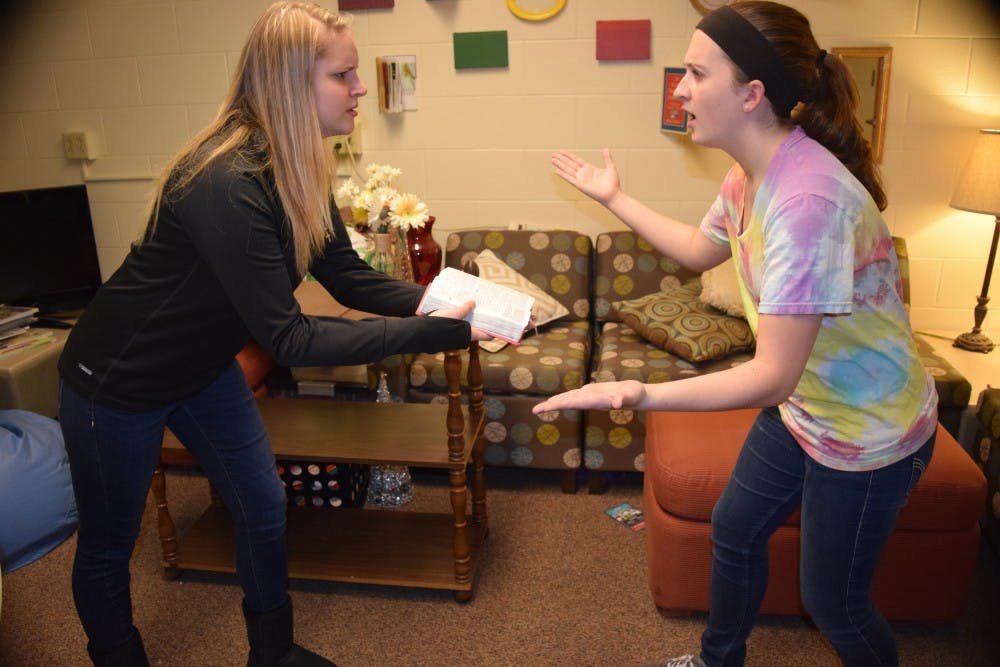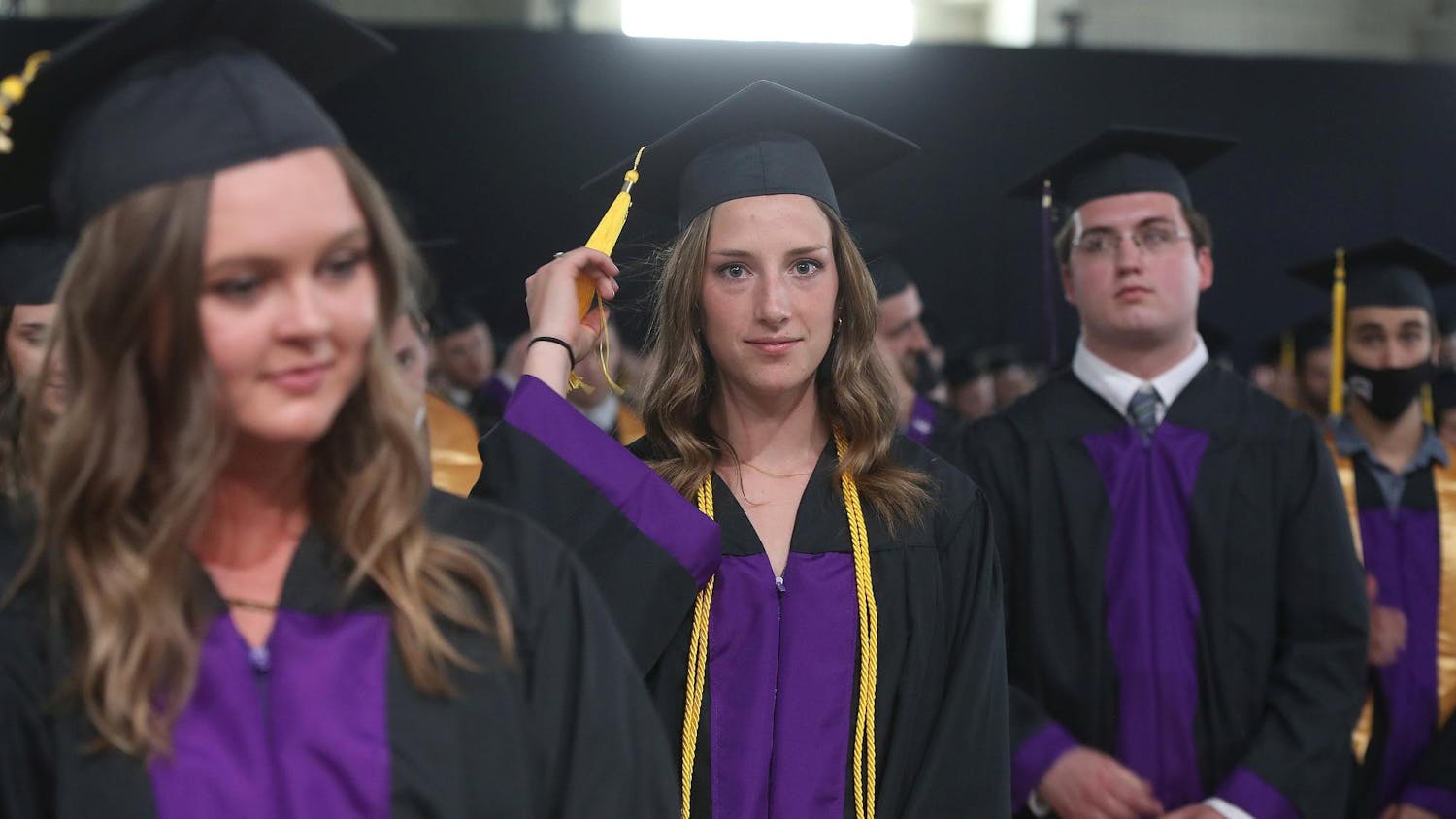By Chris Yingling | Echo

During my final months at Taylor, I've had the opportunity to look back on my last four years. I think of the friends I've met, the feats I've accomplished and the memories I've made. I'm thankful for so many of the classes that have prepared me for my life once I depart from Taylor.
IAS 495 Senior Seminar is not one of those classes.
Every student who has read the course catalog or constructed a four-year plan knows of the class. It's the oft-overlooked one-credit course that every senior has to take. Among the foundational core classes that Taylor offers, it's not exactly one that students look forward to.
I wrote a news piece in 2014 about the class, entitled "Senior Seminar, necessary or accessory?" In the article, I quoted several students and recent graduates who believed the class provided no training for life after college, counter to the intent of the course. Taylor's course catalog does absolutely nothing to describe the intent of the course or why it's a requirement (seriously, look it up; it essentially says nothing).
This year, the course was reformed. Former instructor Jon Cavanagh moved to the campus pastor position and left Senior Seminar in the hands of Jeff Cramer, Matt DeLong, Kevin Diller and Scott Moeschberger. I sat in the recital hall that first Wednesday night with notepad and pen, ready to learn some applicable post-grad information.
We learned about the integration of faith and learning and intentional community. Again. For what seems the 100th time.
I get it: those topics are incredibly important to what we do at Taylor. They are central to how the university conducts itself. But it's time to stop beating the dead horse.
I was ready to learn the things that we haven't obtained from our liberal arts education. I wanted to learn how to pay taxes, how to plan for a family, what to look for in a job market and how insurance works.
We had small in-class assignments that I doubt anyone actually took a look at. I watched my classmates sign the clipboard on the way in and walk right back out, faking their attendance. The senior satisfaction level was obviously low.
This semester, I had a credit to fill and opted for IAS 218 Transitions: Living a Good Life After College. Drew Moser and Jess Fankhauser teach the inaugural course focused on living a fulfilling life after we leave Taylor. We create budgets, plan out families, research prospective churches, study meaningful work and do a host of other helpful activities. The course was created to engage students in their thoughts about life after Taylor, and the instructors encouraged personal thought in areas important to future independence.
But there are only 12 students in the class. Considering this class may be one of the most applicable to a majority of Taylor students, it's a head-scratcher for me as to why the class isn't required.
If I were in a position to change things up in the foundational core requirements, I'd definitely give IAS 495 a long look. If the intent is to prepare students for life after college, the class is not doing its job. There is a course on campus that accomplishes this intent, which the administration can use as an archetype for creating a class that seniors feel aptly prepares them for exiting the Taylor bubble.
Cramer stood in front of us on the first day of Senior Seminar and told us things were changing. He told us we were the "guinea pigs."
Well, Dr. Cramer, I'm not a happy guinea pig. This guinea pig wants to learn something.





